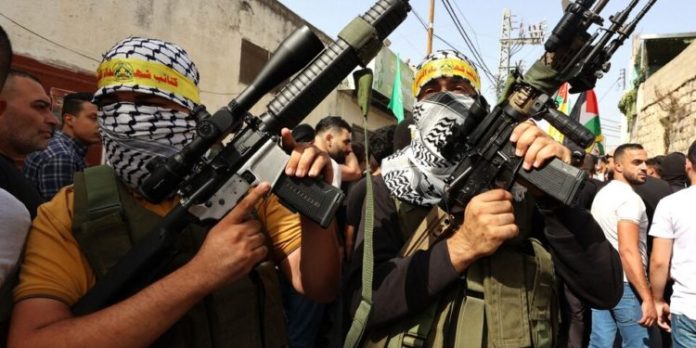Britain faces a clash with the EU over the parties’ disagreement over the Israel-Hamas conflict, GB News Channel reports.
The EU has decided to support a “humanitarian pause” in the conflict, while Britain is united on the issue with the US, which has a tougher stance on the group. EU foreign policy chief Josep Borrell said he supported UN Secretary-General António Guterres’ call for a ceasefire to bring aid and food to Gaza.
French Prime Minister Elisabeth Bourne also backed calls for a truce that would not only help Gazans but also give more time to negotiate the release of hundreds of hostages. However, the move was met differently by Western countries, with some member states backing the “pause” outlined in the draft statement, while others are preparing troops on the ground. Rishi Sunak said the ceasefire would be “difficult”, referring to Israel’s right to defend itself in the House of Commons. The Prime Minister told MPs:
“It is difficult to tell Israel to have a ceasefire when it is still facing rocket fire on an almost daily basis, and when its citizens are still being held hostage and it has suffered an appalling terrorist attack where it has a right to defend itself.”
Joe Biden has confirmed that the US supports Israel. He has recently announced that the country would send more troops and weapons there. He rejected calls for a pause in hostilities, saying:
“We should have those hostages released and then we can talk.”
Sunak said the “incorrect reporting” of last week’s explosion at a Gaza hospital had adversely affected US intentions to reduce tensions in the region.
Three EU countries, who wished to remain anonymous, also expressed their concerns. The discrepancies suggest that the draft statement may have to be revised to reflect the views of all EU member states, at which point all 27 countries could sign it at an EU summit later this week. Borell said:
“Now the most important thing is for humanitarian support to go into Gaza.”
However, there is still no consensus among EU countries on the best way to increase aid to the region. France has favoured a pause, while Germany has not yet supported the idea. Asked why Germany did not support the calls for a ceasefire, Foreign Minister Annalena Baerbock said that over the past few days it had become clear that it was urgent to send aid to Gaza, but at the same time the whole world saw that Hamas was continuing to attack Israel. Annalena Baerbock said:
“We cannot contain the humanitarian catastrophe if Gaza’s terrorism continues. There will be no security and no peace for either Israel or the Palestinians if this terrorism continues.”
Slovenia, Spain, Ireland, the Netherlands and Luxembourg have all publicly backed the idea of a humanitarian pause. Micheál Martin, Ireland’s foreign minister, said:
“The suffering of innocent civilians, particularly children, is on a scale that requires an immediate cessation in our view.”
However, the Czech Republic and Austria, following Germany’s example, questioned the proposal. Alexander Schallenberg, Austria’s foreign minister, said:
“Of course everyone would wish that the violence comes to an end. But Israel has the right to self-defence.”
According to Israeli officials at least 1,400 people, mostly civilians, were killed in the 7 October Hamas attack. Retaliatory Israeli bombing killed more than 5,000 Palestinians, more than 50 per cent of them women and children.
